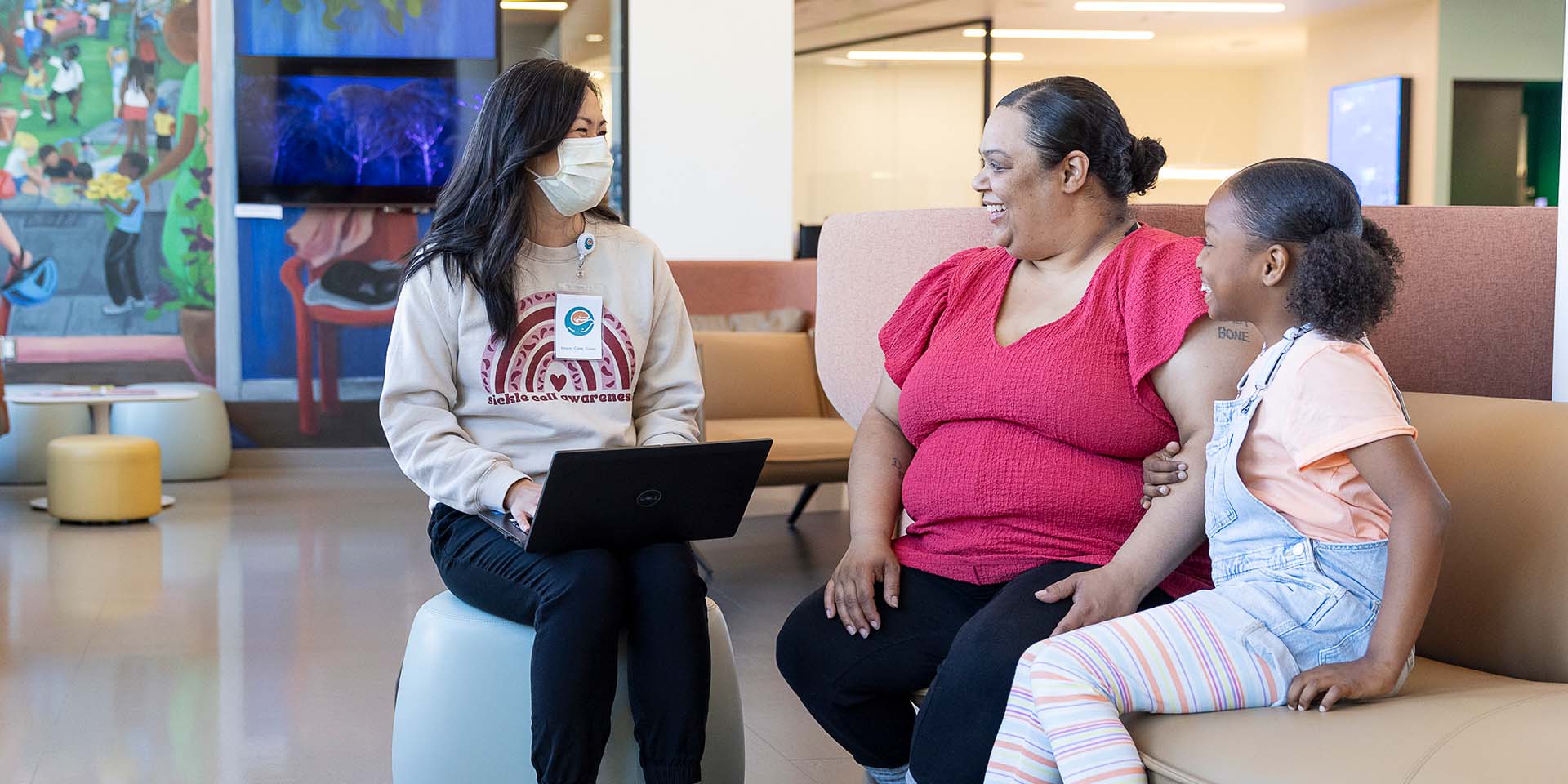Masking and Visitation Changes: Due to high rates of respiratory illnesses in our community, we’ve made changes to our masking and visitation guidelines. Learn more.

Health Equity and Anti-Racism at Seattle Children’s
Anti-racism is integral to how Seattle Children’s provides care and promotes health equity. Committed workforce members have been addressing health disparities and racism at Children’s for many years; their work evolved into the Health Equity and Anti-Racism (HEAR) Action Plan which has guided our efforts since 2021.
The goal of the HEAR Action Plan is to deliver equitable health outcomes by embedding health equity and anti-racism into all aspects of the organization, from patient care decisions to hiring processes to fostering an inclusive team culture.
Seattle Children’s is realizing this goal as we enter the third phase of the Action Plan.
Seattle Children’s health equity and anti-racism efforts lead to measurable impact across many outcome areas. Tracking progress over time offers insight into where we are seeing success and where opportunities for improvement remain. This 2024 progress report is the latest of many that have recorded our journey since 2021. For details, review previous reports.
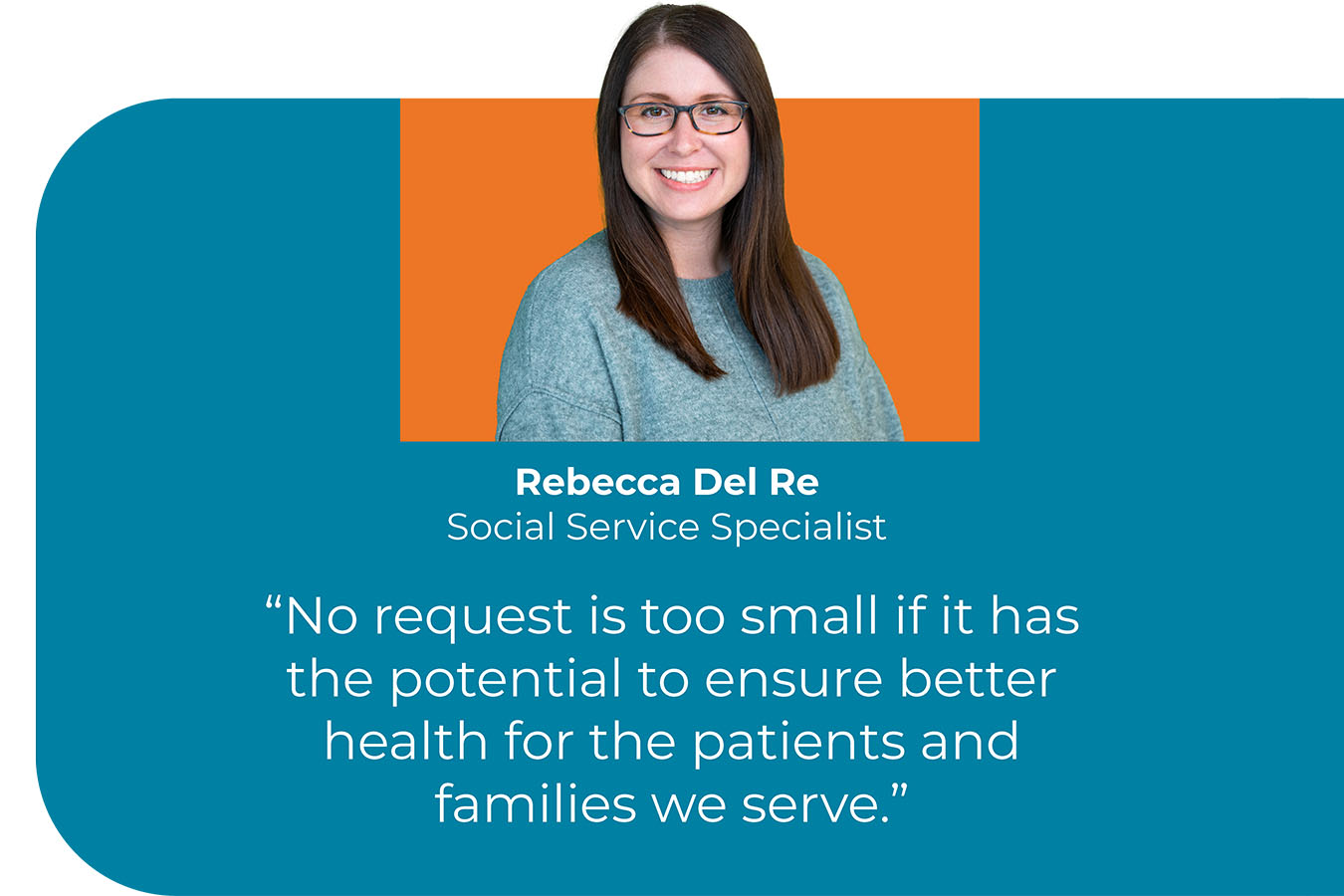
“When you don’t have an adequate place to live or food to feed your family, it’s really hard to get basic care or benefit from the care you do receive,” says Rebecca Del Re, a social service specialist and member of Seattle Children’s Social Work Department.
A multidisciplinary team at Seattle Children’s is connecting patient families with resources to meet their essential needs.
Read about a patient who was supported by this effort in the full story.
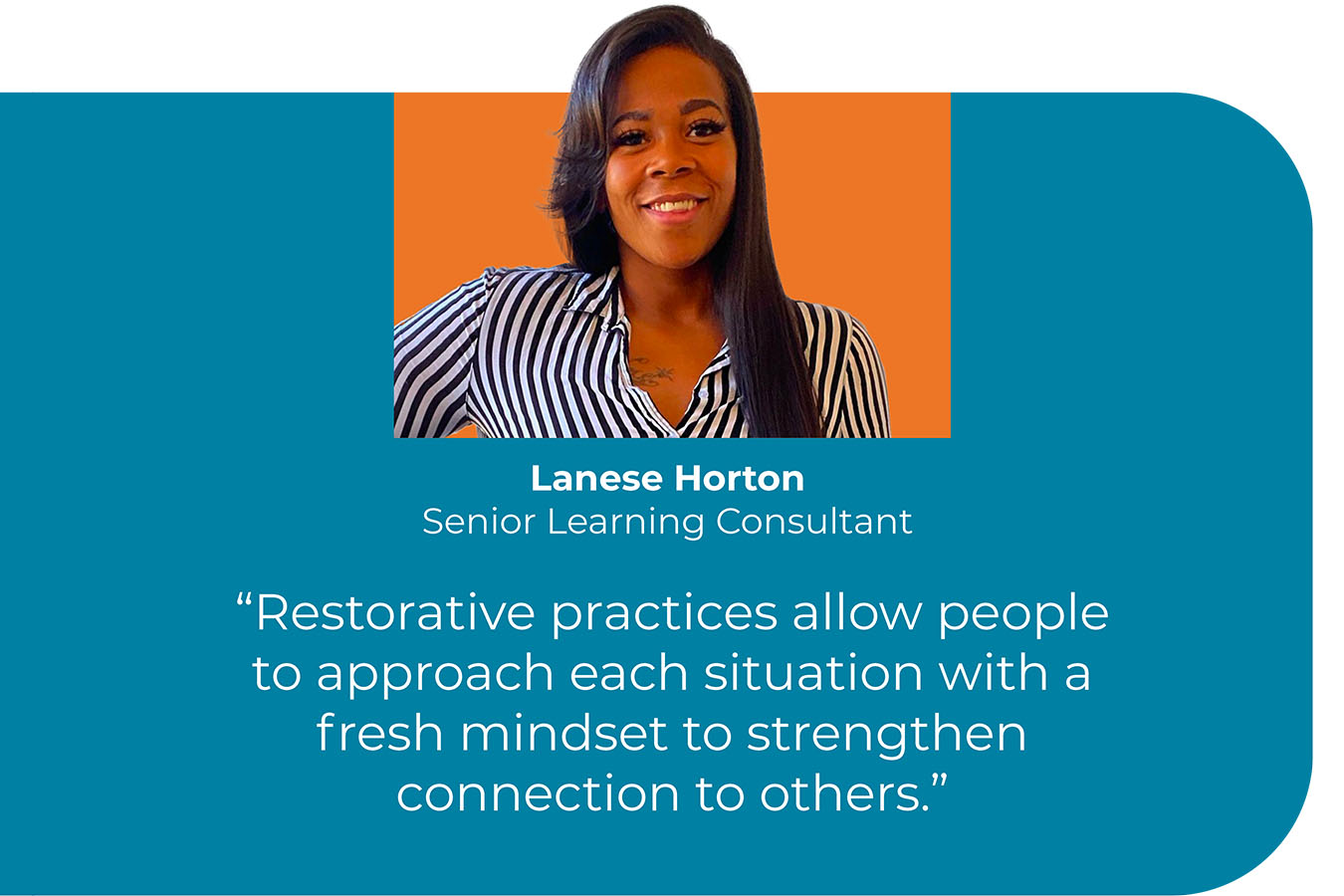
“Restorative practices are a way of life,” says Lanese Horton, senior learning consultant at Seattle Children’s and restorative practices lead facilitator.
Restorative practices — when applied to people management and building an inclusive organizational culture at Seattle Children’s — prioritize relationships and provide tools to equip leaders and workforce members to identify challenges, take accountability and resolve conflicts through an inclusive framework.
Read the full story to learn more.

It’s one thing to know that inequities and systemic racism exist in most institutions, including healthcare systems. It’s another to analyze robust data and take action.
Darren Migita, MD, and team members at the Center for Quality and Patient Safety used the data to raise awareness of potential biases within standard care at Seattle Children’s and address identified issues.
Read the full story to learn more.
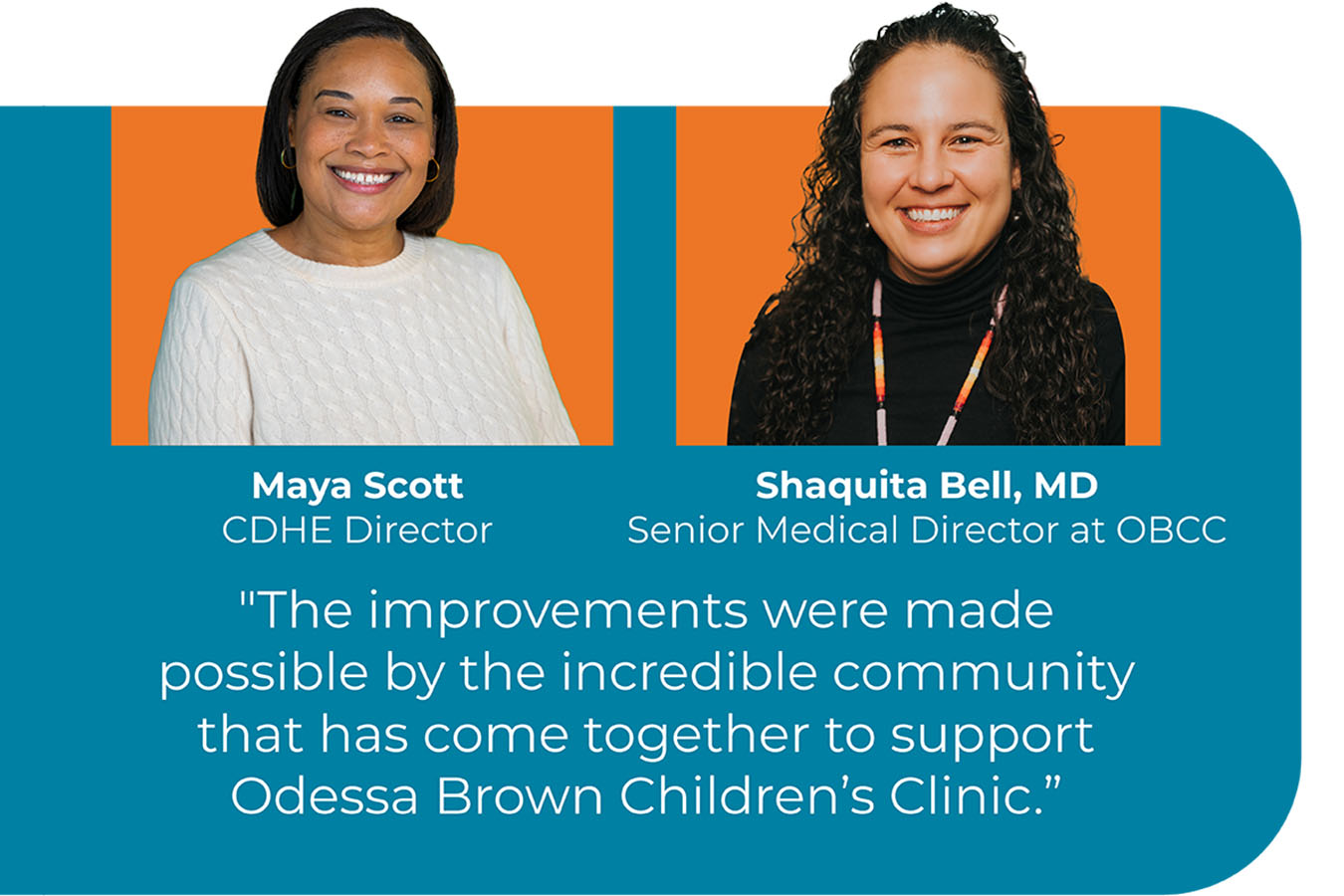
People with sickle cell disease across the U.S. have long faced health disparities. The Odessa Brown Children's Clinic (OBCC) at Seattle Children's alongside the Center for Diversity and Health Equity (CDHE) has launched several initiatives to improve sickle cell disease care.
According to CDHE Director Maya Scott, Seattle Children’s community is integral to identifying and driving important improvements. "Thousands of people have allowed Seattle Children's to learn from them, and it is our responsibility to make sure the community's dedication is something we recognize, celebrate and honor."
Read how Seattle Children’s is improving care for people with sickle cell disease in the full story.

“When I reviewed the data of the patients I was treating, I saw the health disparities clearly,” said Sanjay Parikh, MD, division chief, Otolaryngology – Head and Neck Surgery at Seattle Children’s.
“I realized: It’s me, and it’s also the system. And isn’t it my job to help make the system work better for all patients?” Parikh and his team at Seattle Children’s closed a critical care gap for patient families who do not use English for care.
Read the full story to find out how.
The progress of Seattle Children’s Health Equity and Anti-Racism Action Plan is tracked through annual outcome measures. Learn more about Seattle Children’s commitments outlined in the HEAR Action Plan and explore the 2024 fiscal year goal progress below.

Link executives' pay to achievement of HEAR Action Plan outcomes.
Goal: Project completed by end of FY24
 The Seattle Children's Hospital Board of Trustees adopted a revised equity-related executive compensation model, which includes three equity-related goals. Executive pay is based on the results of final fiscal year goal achievement, with 15% of executive compensation being linked to equity-related goal achievement.
The Seattle Children's Hospital Board of Trustees adopted a revised equity-related executive compensation model, which includes three equity-related goals. Executive pay is based on the results of final fiscal year goal achievement, with 15% of executive compensation being linked to equity-related goal achievement.
Reduce disparities in most restrictive interventions in the Emergency Department for Black/African American and Hispanic/Latinx patients by 7%.
Goal: 7% decrease in most restrictive interventions

The goal was met for Black/African American patients. However, the goal was not met for Hispanic patients and will be a strong FY25 focus.
Increase employee representation by 3% for a total of 43.5% through hiring and retention strategies to further reflect Seattle Children’s diverse patient population.
Goal: 43.5%
 The % increased each quarter but fell short of the annual goal. Retention was a FY24 focus and turnover for racially and ethnically diverse workforce members decreased by 1%. The past 5 years, the % of racially and ethnically diverse workforce members has increased by 29%.
The % increased each quarter but fell short of the annual goal. Retention was a FY24 focus and turnover for racially and ethnically diverse workforce members decreased by 1%. The past 5 years, the % of racially and ethnically diverse workforce members has increased by 29%.
Achieve an overall average score of 81.9% for the Family Experience Survey (FES) from Press Ganey.
Goal: 81.9%
 The overall average score met the goal and disparities were identified in ambulatory survey responses to help prioritize future efforts.
The overall average score met the goal and disparities were identified in ambulatory survey responses to help prioritize future efforts.
Implement a resource referral database for patients who screen positive for SDOH and add one additional screening question.
Goal: Project completed by end of FY24
 Successfully implemented new closed-loop referral system with 45 referrals made since June 2024. Established additional SDOH screening question that will go live in Q1 of FY25.
Successfully implemented new closed-loop referral system with 45 referrals made since June 2024. Established additional SDOH screening question that will go live in Q1 of FY25.
Increase the diversity of research participants by 1% for a total of 36.6% to further reflect Seattle Children's patient population.
Goal: 36.6%
 Research participant enrollment met and exceeded the goal.
Research participant enrollment met and exceeded the goal.
Seattle Children's fiscal year is Oct. 1 through Sept. 30. Data as of Sept. 30, 2024.
Seattle Children’s aims to have a workforce, leadership team and Board of Trustees that reflect the patients and families we serve. Research shows this improves health outcomes, patient and family experience and innovation. See progress in the data below.
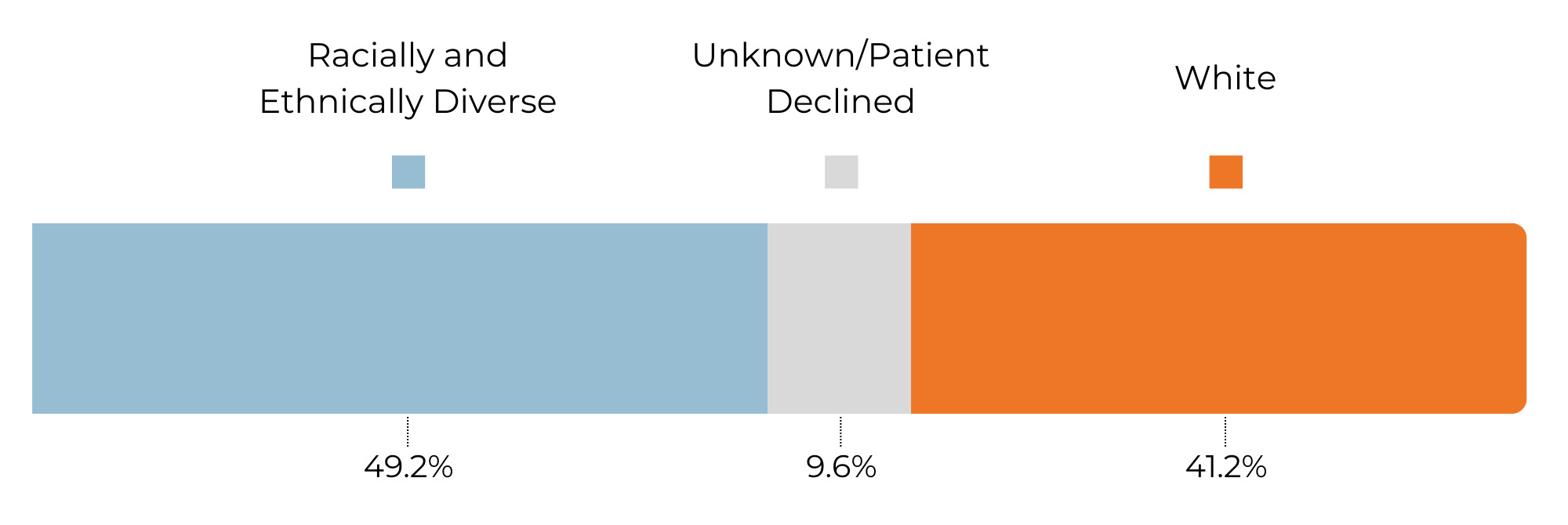
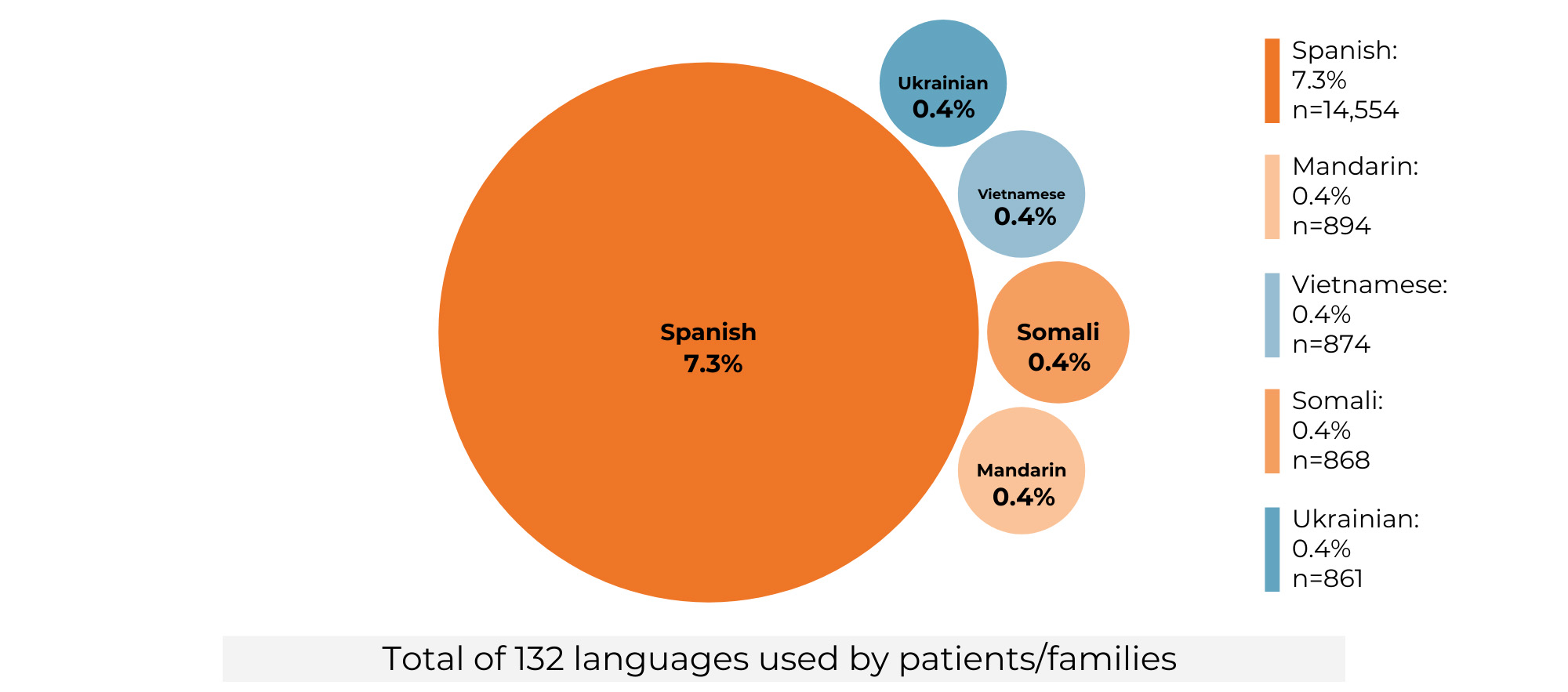
Languages used represents ‘Language for Care’ and the families’ need.

Payer type reflects individual encounters, not distinct patients.
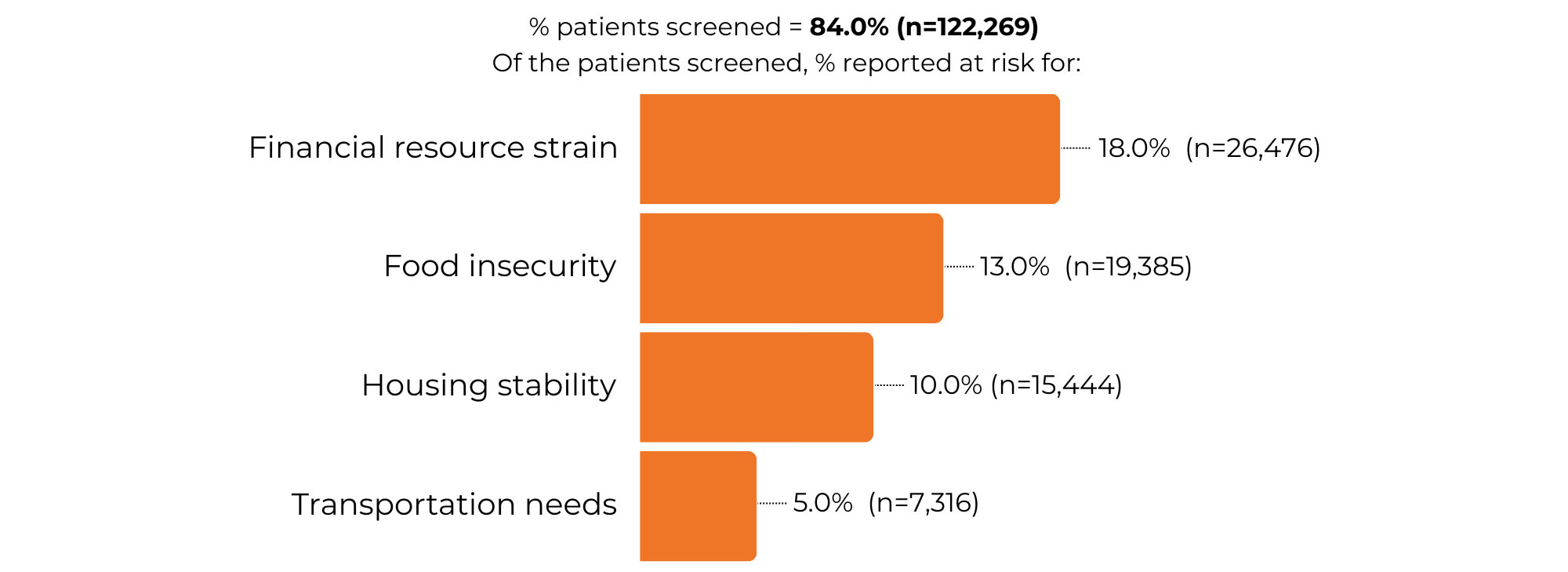
Eighty-four percent of eligible patients had an SDOH questionnaire screening. An SDOH screening is defined as a risk score being assigned, an opt-out response being recorded, or any partial data/response for a specific area called a domain. The denominator is defined as patients with a visit in FY24 in a department that offers the SDOH questionnaire, who were eligible for an SDOH questionnaire screening. The numerator is patients with a visit in FY24 who had an SDOH screening.
The risk percentage represents medium or high risk in a domain. Patients with a low-risk score are not considered at risk and are not included in the numerator for that domain.
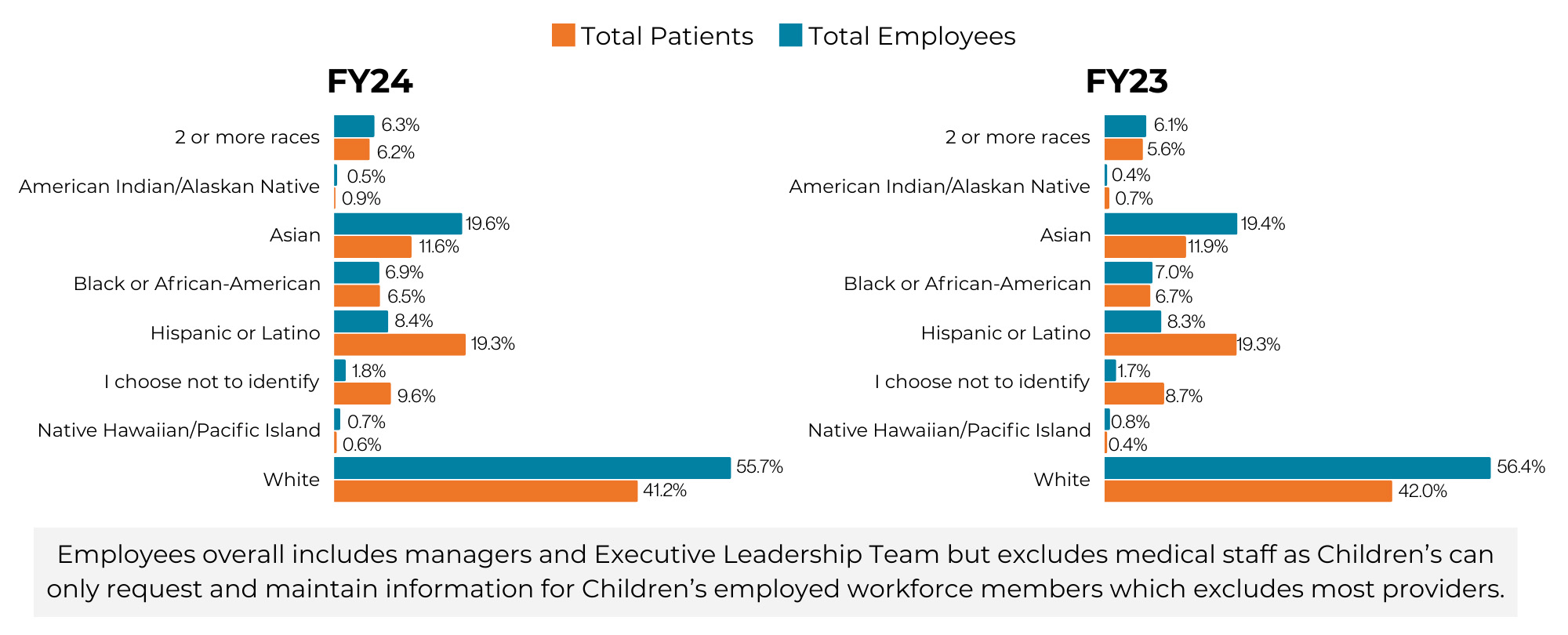
Race/ethnicity provided by patient self-identification via health information system (Epic). Race/ethnicity provided by employee self-identification via human resource information system (Lawson and Workday). The data includes all workforce employees classified as W-2 employees, who are both employed and paid directly by Seattle Children’s. Due to rounding, numbers may not add up to 100%.
Seattle Children’s has an organization-wide commitment to anti-racism and health equity. Accountability for change lies with leaders, but progress is only possible with the efforts of our workforce and community members. Learn more about the people and groups behind Seattle Children’s work.

Jeff Sperring, MD
Chief Executive Officer
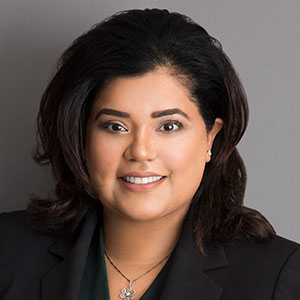
Myra Gregorian
SVP and Chief People Officer

Alicia Tieder
VP and Chief Health Equity Officer
Health equity and anti-racism are woven into Seattle Children’s strategic plan, quality and safety efforts and workforce culture and policies. Seattle Children’s care providers strive for innovation and improved care for every child. Restorative practices are used to strengthen relationships between individuals, promote inclusion in the workplace and build social connections within communities.
Since the launch of the HEAR Action Plan in September 2021, Seattle Children’s has demonstrated dedication and worked to fulfill its commitments to eliminate disparities and promote better health outcomes. These efforts have increased employee diversity, improved retention, expanded recruitment of more diverse research participants and strengthened the mechanisms by which executive leadership is held accountable for health equity and anti-racism.
While the HEAR Action plan is entering its final phase, this work is ongoing to help sustain equitable health outcomes. Seattle Children’s holds each member of its team accountable for deepening and strengthening action that drives toward a future where every child has access to equitable and unsurpassed quality clinical care.
Seattle Children’s invites everyone — workforce members, patients, families and community partners — to join the ongoing journey toward achieving safe and equitable healthcare for all children.
Interested in supporting efforts to improve health equity at Seattle Children’s? We invite you to get involved.
Are you a patient family? Become a family advisor.
Are you a workforce member? Learn more about Seattle Children’s Inclusion Networks.
